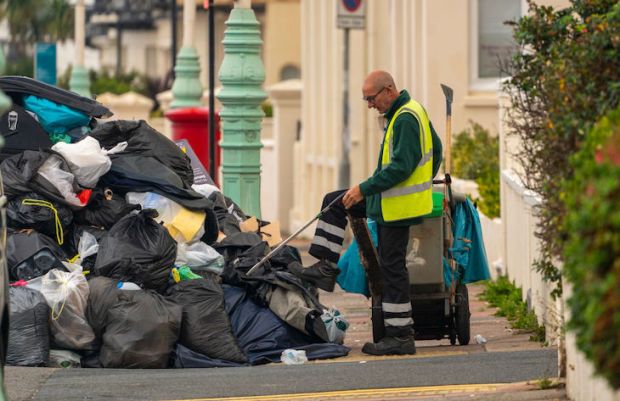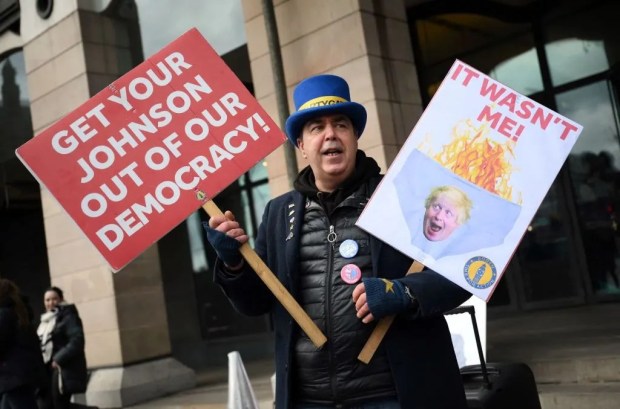Politicians, including Baroness Jones of the Green Party and Mark Drakeford, who is the Labour leader in Wales, have spoken of the possibility of a 6pm curfew for men. That looks to be a breach of international law and so is something often referred to as illegal.
A curfew is a punishment. A curfew directed at any of us on the basis of gender/sex (or any characteristic protected from discrimination) is a collective punishment of those who have that characteristic. Or as Oxford Public International Law terms it:
‘A collective punishment is a form of sanction imposed on persons or a group of persons in response to a crime committed by one of them or a member of the group.’
Collective punishments are therefore a legal wrong. The law doesn’t stop people holding political views. So, if politicians wish to endorse legal wrongs they can. There may be a good political argument for doing so. It is up to them to make that argument.
But the history of collective punishments as a legal wrong is long established. The idea began with developments in the law of war. Article 50 of the 1899 Hague Regulations is the first suggestion I can find that collective punishment is a legal wrong.
The International Committee of the Red Cross has codified modern international law and its rule 103 is the rule against collective punishment in war time. In peace time it says this:
‘While human rights law does not explicitly prohibit “collective punishments” as such, such acts would constitute a violation of specific human rights, in particular the right to liberty and security of person and the right to a fair trial. In its General Comment on Article 4 of the International Covenant on Civil and Political Rights (concerning states of emergency), the UN Human Rights Committee stated that States parties may “in no circumstances” invoke a state of emergency “as justification for acting in violation of humanitarian law or peremptory norms of international law, for instance … by imposing collective punishments”.’
That is also important because we are not at war. The fact we are not at war should not be taken as meaning that war crimes may be freely committed. But there is little on this issue in domestic law – although that may be because few democratic countries have proposed imposing collective punishments upon their own people.
So when Mr Drakeford says ‘if there were a crisis and you needed to take dramatic action that allowed that crisis to be drawn down then of course you would be prepared to consider all measures’, he is considering what the UN says he should not consider.
That is international law. Sometimes domestic law trumps international law – I have written that it may be best if it only does so in limited and specific ways. In our system domestic law trumps international law – although there may be political consequences and the international legal system may take action via the international courts.
So if Mr Drakeford implemented such a law, would it be illegal in domestic law? It is very hard to say. It depends how a curfew is done. If it is imposed on Wales by his executive power as First Minister then the case of Entick v Carrington from 1765 would provide a solid basis for opposing it. If he were to make a statute, it may be the UK parliament, not the courts who are best placed to prevent him.
We haven’t had to look again at these legal questions because we thought that they were settled. We have instead played a seminal role, with our friends and allies, in trying to develop international law to try to guide others away from doing this. But no one has proposed a collective punishment in our country for a very long time. I try hard to not express political views, but I think I can ask if this is the direction politics is headed?
Got something to add? Join the discussion and comment below.
Get 10 issues for just $10
Subscribe to The Spectator Australia today for the next 10 magazine issues, plus full online access, for just $10.




















Comments
Don't miss out
Join the conversation with other Spectator Australia readers. Subscribe to leave a comment.
SUBSCRIBEAlready a subscriber? Log in